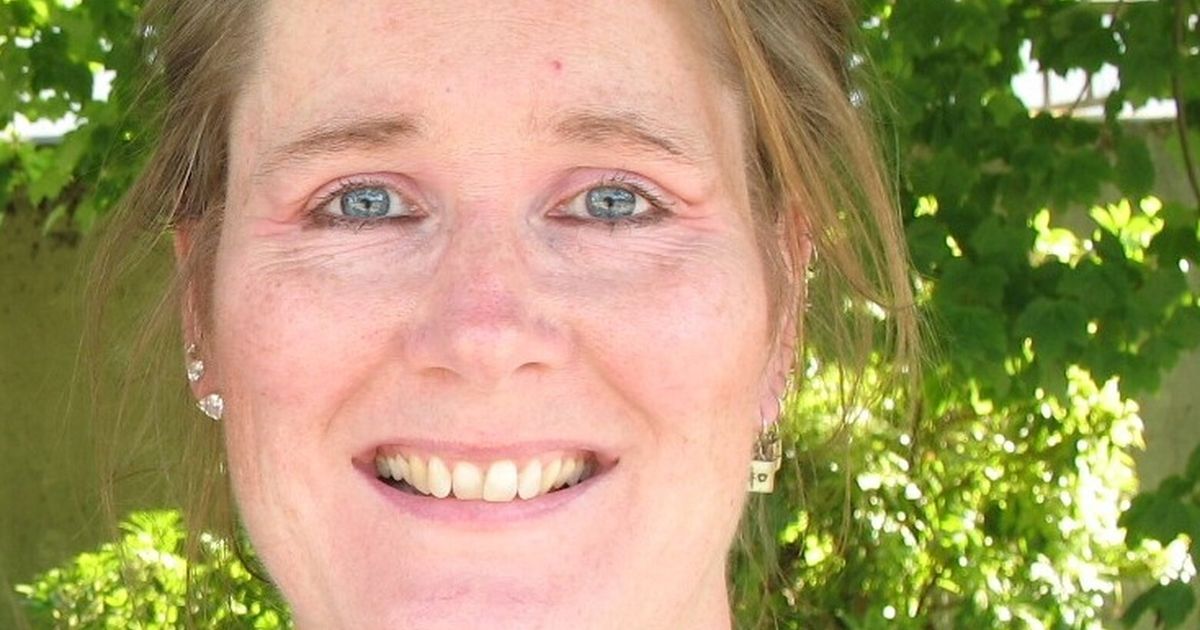When I was 27, my life was everything I dreamed it would be. She worked as a legal advocate for sexual assault survivors. I had almost completed my master’s degree in counseling. She was newly married and had a beautiful 5 month old son.
Over the Christmas holidays I developed a sinus infection, much like ones I’ve had my entire life. But this infection would be different. This infection grew to infect my entire brain. It would almost kill me. They put me in a coma to give my brain time to fight and time to heal.
When I woke up from the coma I was deaf and had no memory. I had to relearn how to walk and feed myself. I didn’t remember my family. I couldn’t recognize my baby. I started each morning as if it were a blank slate. I constantly had to relearn my name, relearn that I had a family. I had years of rehabilitation to teach my body to walk and teach my mind that I was a daughter, wife and mother.
Looking back, I can see that I completely disconnected from my emotions. It took me years to learn that being a mother meant wanting to take care of your child, that it meant putting your child’s needs before your own.
With years of therapy and cognitive support, I was taught how to use many tools to compensate for my memory loss. Every morning begins with a memory note next to the bed to tell me what day it is and what plans I have. A series of instruction cards for doing some things for myself: doing my own shopping and driving myself to appointments.
I have begun to see my deafness and memory loss not as DISABILITIES, but as DIFFERENT abilities. This small change of word encompasses a great evolution in my thinking. I have begun to see that my life still has value. I haven’t been able to work again, but I can fulfill my dreams in other ways. I may not be able to hear the emotion in someone’s voice, but my heart may still be with theirs. I can sit with them and be present as they work through their pain.
I hope my story is helpful to anyone struggling with a brain injury and also to those who love them. I want to share so that as you face the challenges you face, a new kind of self-confidence can be your reward.
My own story is about 20 years of struggle and success. It’s about raising a strong, bright young man, and the challenges we face together. The disappointment of having a husband who couldn’t understand that I didn’t remember him; that I needed to be courted again, that I needed to fall in love with him again. I want to share that sometimes it’s the people closest to your life who can’t face the truth of the new you.
My story is also about the journey one faces from relearning how to brush your teeth and walk, to being able to find your way around the city using direction cards hanging from your rearview mirror. It’s about the frustration of getting lost in the five blocks between home and the post office, the fear of driving on the highway because you can’t hear a horn or a siren.
Because my brain injury took away my hearing, my story is also about needing an interpreter for simple, private things like a doctor’s visit. These experiences have changed me to the core.
I hope my story gives you hope. I look forward now more than back. From time to time I still feel angry about everything I’ve lost, a career I loved, the knowledge of who I am and where I want to go. I have had to learn to trust again, to love again.
Now I am becoming a new person, a woman who believes she is worth knowing. I know it’s a journey you can take too.
Dena Olson is a former advocate with the King County Sexual Assault Resource Center. She lives in Olympia.
